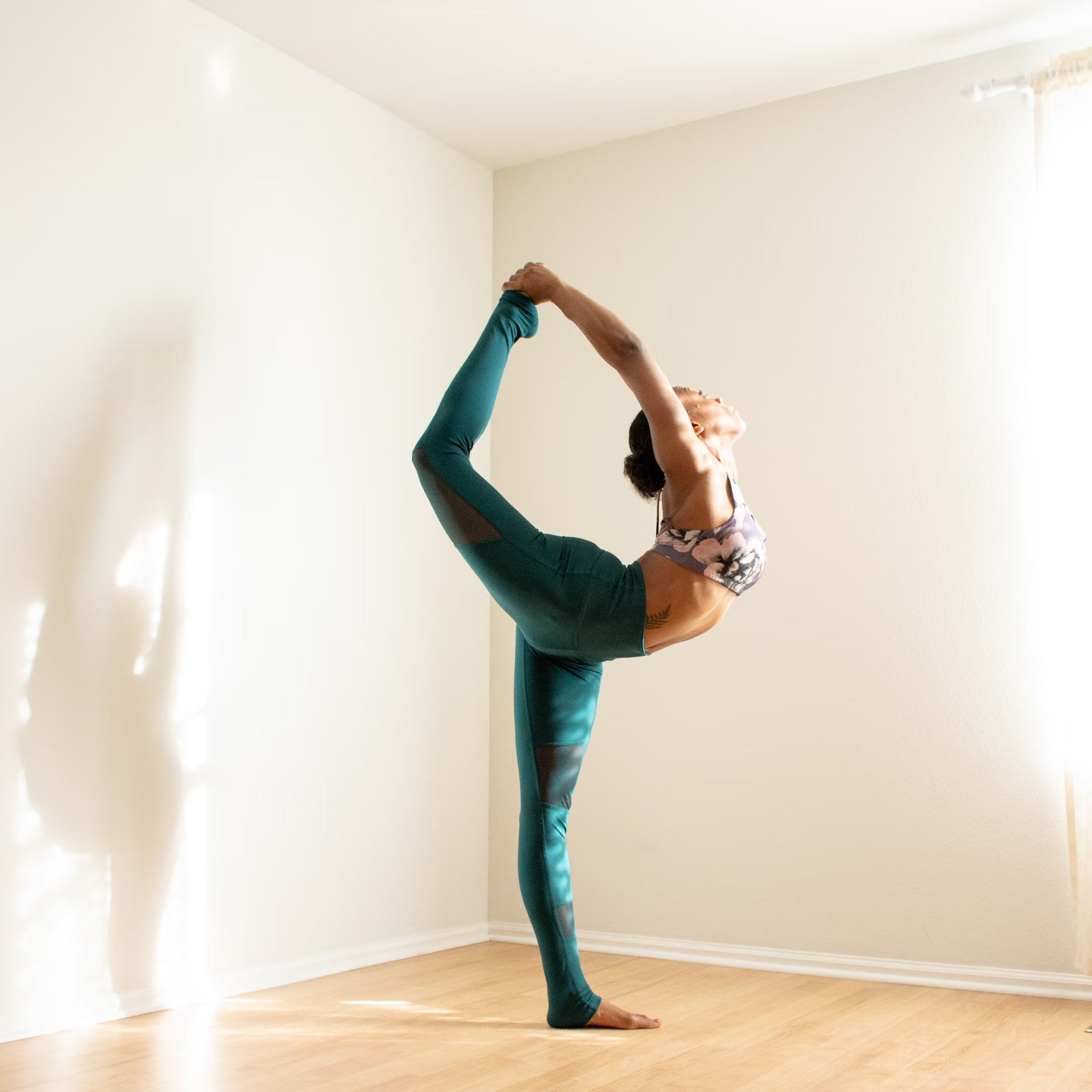If you often catch yourself slouching at your desk, hunching over your phone or dealing with back or neck pain, poor posture could be to blame. So, can physiotherapy fix posture?
The short answer is yes, but it’s not a simple treatment or quick adjustment. Physiotherapy takes a personalised approach to identifying and correcting postural imbalances through hands-on techniques, targeted exercises and education. With time and consistency, it can improve your alignment, build strength and help prevent future issues.
Keep reading to find out how physiotherapy can transform your posture and support your overall wellbeing.
Can Physiotherapy Fix Posture? A Quick Overview
Physiotherapy plays a vital role in correcting posture by:
- Identifying postural misalignments
- Strengthening weak muscles and stretching tight ones
- Improving spinal alignment
- Teaching better body mechanics
- Reducing discomfort and preventing long-term issues
With consistent treatment, physiotherapy can transform poor posture into a strong, balanced and pain-free stance.
Experience Expert Postural Physiotherapy at Mind Heart Body Centre
Looking to correct poor posture in Artarmon or North Sydney? At Mind Heart Body Centre, our skilled physiotherapists provide evidence-based treatment plans tailored to your unique posture needs. Whether you’re dealing with tech neck, rounded shoulders or lower back strain, we’re here to guide you every step of the way.
Call us on 8068 4696 or Book Now to begin your postural transformation.
What Is Poor Posture?
Poor posture occurs when your spine is not in its natural alignment. This can place unnecessary stress on muscles, joints and ligaments, leading to discomfort and long-term damage if left unaddressed.
Common Signs of Poor Posture:
- Rounded shoulders
- Forward head posture (‘tech neck’)
- Arched lower back
- Slouching or leaning forward while sitting
- Uneven shoulders or hips
Causes of Postural Imbalances
Postural issues develop over time and can result from a variety of factors, including:
- Prolonged sitting or screen time
- Poor ergonomic setup
- Muscle imbalances and weakness
- Injuries or surgeries
- Stress and fatigue
- Sedentary lifestyle
How Physiotherapy Fixes Posture
Physiotherapy for posture correction is both preventative and corrective. It focuses on identifying the root cause of your postural issue and creating a personalised treatment plan that addresses it holistically.
1. Comprehensive Postural Assessment
Your physiotherapist will begin by evaluating your posture, movement patterns and muscle function. This helps pinpoint the specific areas contributing to misalignment.
2. Manual Therapy Techniques
Hands-on techniques like joint mobilisation and soft tissue release can relieve muscle tension and realign the spine.
3. Corrective Exercises
A structured program of targeted exercises is central to improving posture. These may include:
- Scapular stabilisation
- Core strengthening
- Thoracic spine mobility drills
- Neck and shoulder stretches
4. Ergonomic Advice
Physiotherapists provide recommendations on desk setup, screen height and chair support to maintain proper posture during daily tasks.
5. Postural Education and Habit Formation
Physiotherapy includes teaching you how to maintain good posture throughout the day, whether you’re sitting, standing, walking or lifting. This promotes long-term change rather than quick fixes.
The Role of Physiotherapy in Addressing Common Postural Issues
Here’s how physiotherapy can help correct specific posture-related concerns:
Forward Head Posture
Also known as tech neck, this occurs when the head juts forward, straining the neck and shoulders. Physiotherapy corrects muscle imbalances in the upper back and neck, restoring natural alignment.
Rounded Shoulders
Caused by tight chest muscles and weak upper back muscles, rounded shoulders are common in desk workers. Stretching the chest and strengthening the mid-back can help reverse this condition.
Kyphosis (Hunched Upper Back)
This excessive curvature of the upper spine can be improved with postural retraining, thoracic mobility exercises and core stability work.
Anterior Pelvic Tilt
Often caused by tight hip flexors and weak glutes, this posture causes an exaggerated curve in the lower back. Physiotherapy addresses muscle imbalances and improves hip alignment.
Scoliosis and Post-Surgical Posture
While physiotherapy cannot change spinal structure in severe scoliosis, it can reduce discomfort and improve muscle balance and function.
How Long Does It Take to Fix Posture with Physiotherapy?
Posture correction takes time and commitment. Most clients begin noticing improvements within a few weeks of consistent physiotherapy.
Typical Timeline:
- Short-term: Relief from pain and discomfort within a few sessions
- Mid-term: Noticeable improvements in alignment and movement after 4–6 weeks
- Long-term: Lasting postural change with 8–12+ weeks of physiotherapy and continued self-management
Why Physiotherapy Is Better Than DIY Posture Fixes
Online tips and posture devices may offer temporary support, but they often lack the personalised approach and accountability that physiotherapy provides.
Key Advantages of Physiotherapy:
- Customised treatment plans
- Professional assessment of muscle imbalances
- Targeted exercises with proper technique
- Ongoing progress tracking and support
What to Expect During a Posture Correction Session
At Mind Heart Body Centre, your posture-focused physiotherapy session includes:
- Detailed postural and biomechanical assessment
- Hands-on treatment to relieve muscle tension
- Guided corrective exercises
- Advice on ergonomics and daily posture habits
- A take-home exercise plan tailored to your needs
Frequently Asked Questions
Can Physiotherapy Permanently Fix Posture?
Yes, with consistent treatment and habit change. While results vary by individual, most clients achieve lasting improvement when combining therapy with home-based strategies.
Is Poor Posture Really That Bad?
Yes. If left untreated, poor posture can lead to chronic pain, headaches, joint degeneration and reduced mobility.
Do I Need a Referral to See a Physiotherapist for Posture?
No referral is needed. You can book directly with Mind Heart Body Centre for a full posture assessment and treatment.
Final Thoughts
Physiotherapy is a proven, non-invasive solution to fixing poor posture. By addressing muscle imbalances, joint restrictions and daily habits, physiotherapy empowers you to stand taller, move better and feel stronger.
At Mind Heart Body Centre, we’re passionate about helping you achieve your best posture through expert care and personalised treatment. Whether you’re recovering from an injury or simply looking to improve alignment, we’re here to support your journey.
Call us today on 8068 4696 or Book Now to start your posture transformation.


